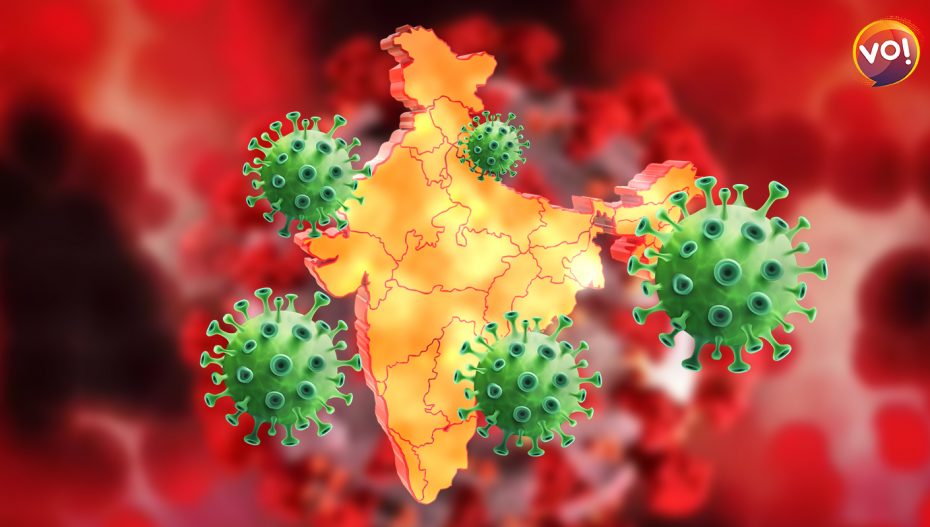The Omicron is slowly but surely picking up pace in India. On Sunday, four new cases were reported: one each in Chandigarh, Andhra Pradesh, Maharashtra and Karnataka. India’s Omicron tally rises to 38.
A “highly transmissible strain,” it has spread to at least 59 nations. The UK, Denmark, and South Africa are the top three countries with the highest number of Omicron cases. “A new variant doesn’t mean that things will be worse, but definitely, they will be more uncertain,” according to Dr Poonam Khetrapal, Regional Director South East Asia.
Nagpur detected its first case of the super mutant in a 40-year-old man. He travelled back from South Africa via Delhi and tested positive at the airport on December 6. The genome sequencing report from the National Institute of Virology confirmed Omicron on Sunday, taking the state’s tally up to 18.
The Chandigarh case involves a 20-year-old who flew down from Rome to visit his relatives. He tested positive post-landing on November 22 and was asked to be under home quarantine. When the genome study confirmed Omicron, he was placed in institutional quarantine. Interestingly, the youth is asymptomatic and has been fully vaccinated with Pfizer. Seven of his family contacts were placed in quarantine too despite the negative RTPCR. They were tested on Sunday too.
The Andhra case is an Ireland returnee and lives in Vishakhapatnam.
Alongside, the Indian Council of Medical Research (ICMR)’s unit in Assam developed a new testing kit to detect the Omicron strain within two hours. If successful after repeated trials, it could spell boon for travellers who have to wait for test reports at airports.
Amid warnings by the World Health Organisation (WHO), nations in the Asia-Pacific region have boosted healthcare infra to fully vaccinate their people in preparation for a surge.













